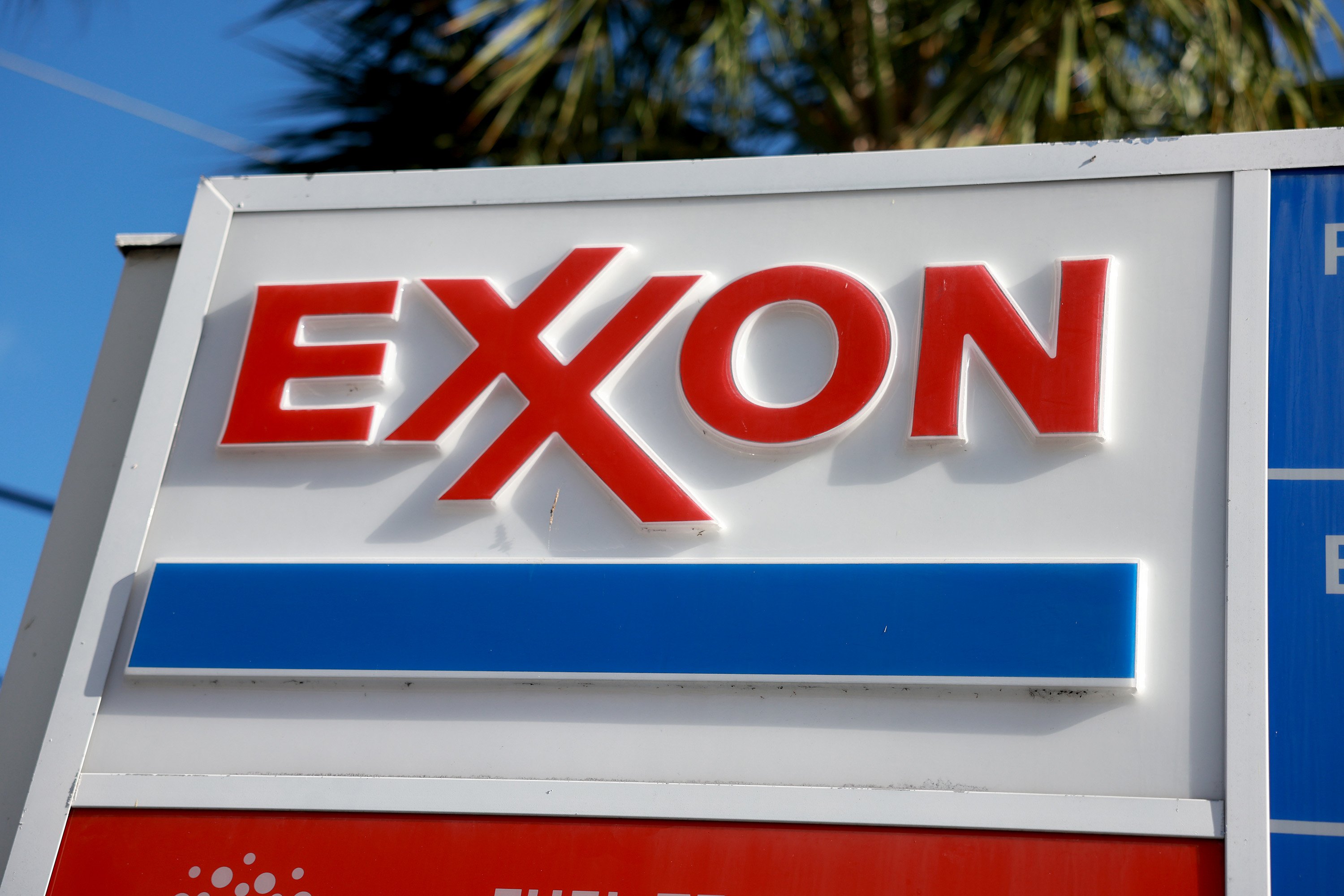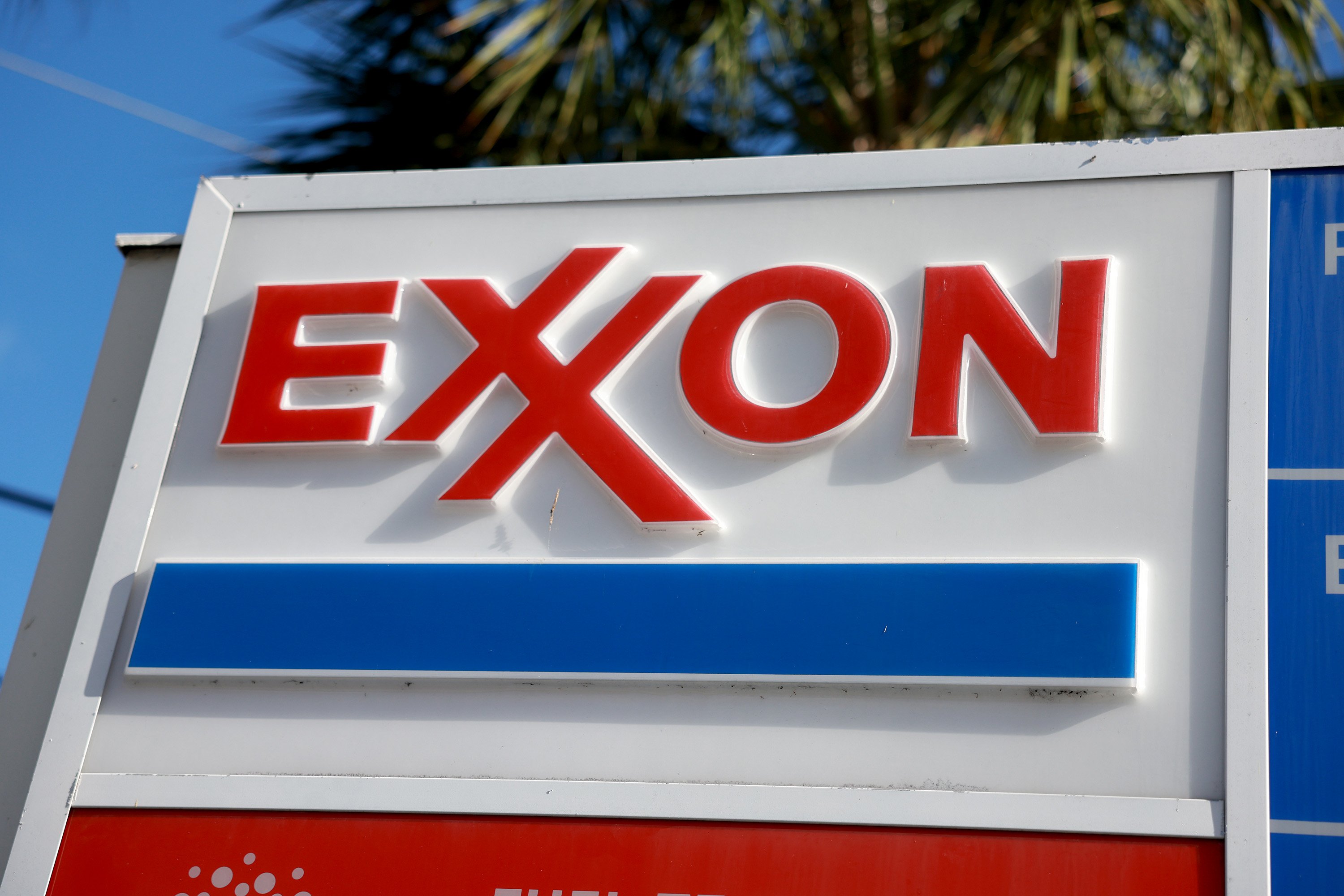On Friday, forces from the Kurdish Peshmerga paramilitary force seized two major oilfields outside of Kirkuk. The fields, the Bai Hassan Field and the Kirkuk Field, were formerly under Iraqi central government control, and had been operated directly by Iraq's state-owned North Oil Company.
Iraq's Oil Ministry was furious about the takeover, but with the Kurdistan Regional Government already in control of the city of Kirkuk, it was inevitable. The Kurds are moving closer to outright secession, and the Iraqi military is tied up with a major war against the Islamic State of Iraq and Syria, so there is no real prospect of Iraq getting these fields back.
The Iraq-Kurdistan oil dispute
Virtually from the moment the new Iraqi Constitution came into effect, Iraq and Kurdistan have been at odds about what the terms of the oil and revenue-sharing deals were. The Kurdistan Regional Government has claimed the right to enter into direct development and operating contracts with Western companies, while Baghdad maintains all those deals are illegal, and only the Oil Ministry itself can make such pacts.
That's led to on-again, off-again disputes over revenue-sharing, and while officially the Kurds are claiming the oilfields were taken for security reasons, many see it as a response to Iraq cutting off mandated revenue-sharing payments to the Kurds in recent weeks. The regional government, in effect, decided to get its share of Iraqi oil revenue by taking oilfields outright.
Iraq has been making it difficult for Kurdistan to sell oil abroad with legal threats to buyers. Kurdish secession would effectively end that threat, and regional officials are preparing for a referendum on this soon.
The new Kurdish possessions
On their way out the door, the Kurdistan Regional Government has seized several disputed cities, including oil-rich Kirkuk. The recent oilfield seizures are both on the outskirts of Kirkuk, and it was likely such fields would be going with them.
The fields are new for Kurdistan, but some of Iraq's oldest. The Kirkuk Field has been operating since 1934, while Bai Hassan has been going since the 1960s. Both operations are in some need of modernization.
And both have seen some bidding by Western companies with the deep pockets and knowledge to modernize them. The Bai Hassan Field was bid on by ConocoPhillips (COP +1.54%), while the Kirkuk Field, in even worse shape because of mismanagement during the Saddam Era, was sought by BP plc (BP +0.90%).
The Iraqi Oil Ministry rejected both bids, wanting a lot more money than anyone was willing to pay, and ended up just operating them themselves, without upgrades.
New owners, new bidding?
No announcement has been made yet, since the fields were just taken over, but Kurdistan will likely consider new offers on their operations going forward. The Kurds have been much more generous with bidders, which is why companies like ExxonMobil (XOM +2.13%) and Chevron (CVX +0.84%) have been much more aggressively operating there than in Iraq itself. The Iraqi fields are bigger, but the money just isn't there after paying off the Oil Ministry.
There is every reason to believe ExxonMobil and Chevron will both be aggressive bidders for the large new fields. They've got experience with working with the Kurds, but ConocoPhillips and BP have the advantage of already having drawn up bids on the fields, meaning they have an advantage in drawing up new ones.
Four companies by the numbers
We're talking about four major integrated oil and gas companies here, so as you might imagine the underlying fundamentals are all pretty similar. Everyone is trading at about 10-13 times trailing and forward earnings.
There are still noteworthy differences. ConocoPhillips has by far the highest profit margin at 15.68%, while BP is the lowest at only 2.68%. If you're bullish on oil prices, this might be a good reason to consider BP, which also trades at only 1.23 times book value.
On the other hand, ExxonMobil has the highest return on equity at 18.57%, meaning it's the best at getting its investments to pay off. ConocoPhillips is a close second at 15.87%, while BP is far in last at only 7.99%.
Still, BP is the cheapest by the book, and also pays the highest dividend at 4.4%. It is worth considering, though its razor-thin margins might scare away investors who aren't bullish on oil prices. Its interest in the Kirkuk Field could be enormously lucrative, assuming it can make the deal it failed to work out with the Oil Ministry work with Kurdistan.
Beyond BP, Chevron and ConocoPhillips are similar by the numbers. Both sport a 3.2% dividend yield and have respectable returns on equity. ConocoPhillips has the higher profit margin, and experience with Bai Hassan Field bidding, though Chevron's recent aggressiveness in Kurdistan will serve it well.
ExxonMobil is the most expensive of the bunch, and even though it's the biggest player in Kurdistan right now, it is tough to justify the premium when companies like Chevron are so close behind, and can be had at nicer multiples.








